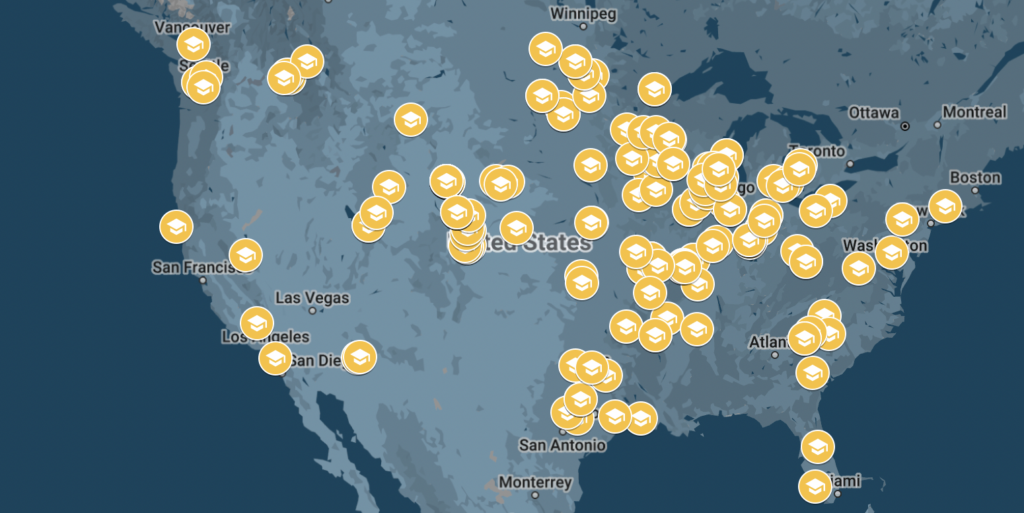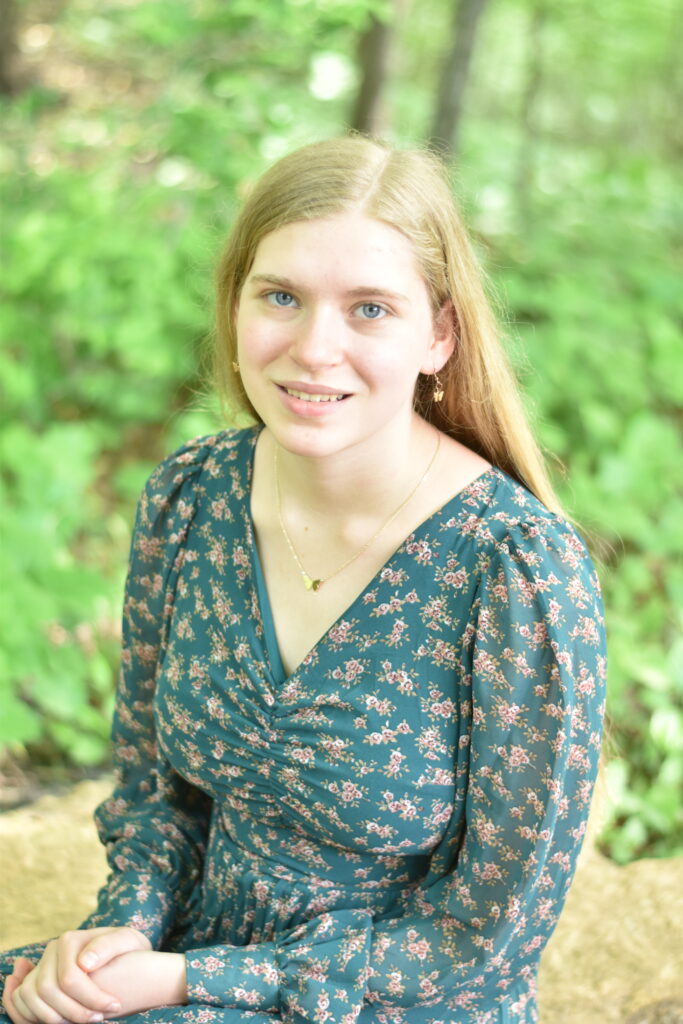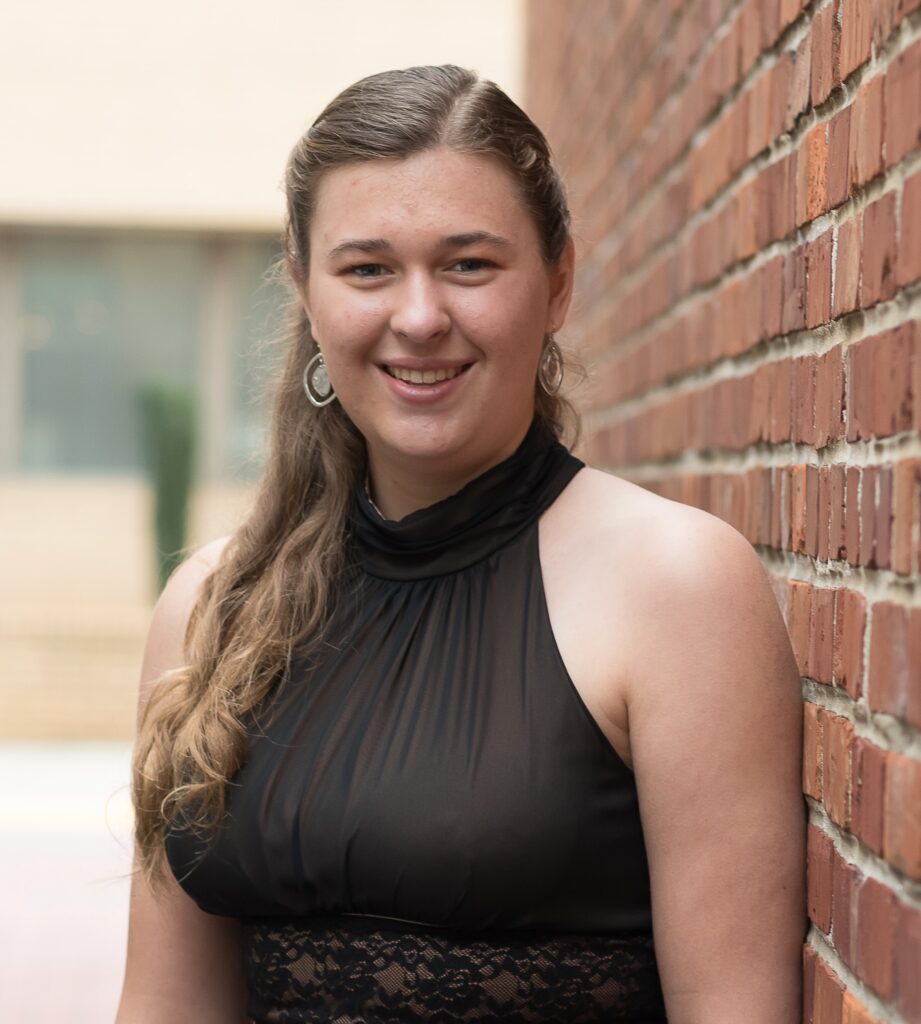Luther Classical College, poised to open in Casper, Wyoming, in August 2025, has registered seven students who applied early as “gap-year” students. To be eligible for this special admissions round, applicants had to achieve exceptionally high scores on standardized tests and be on target to graduate from high school no later than June 2024—a year ahead of the college’s projected opening. LCC plans to sponsor free online enrichment activities, including a liberal arts book club and a Latin readings group, to serve these students during their “gap year” between high school and college.
“We decided to offer an advance gap-year admissions cycle when we heard from parents and prospective students that they were willing to delay the start of college in order to wait for the grand opening of Luther Classical College,” explains Dr. Ryan MacPherson, dean of academics.
LCC’s unique curriculum combines the study of Lutheran theology with the classical liberal arts, instructing all students in common with core courses ranging from ancient history to modern economic theories. The college offers both an A.A. and B.A. degree, each with several tracks. Students may focus on pre-seminary preparation, teacher certification, church music, or skilled trades. To apply, students write one essay concerning Lutheran theology and another concerning the classical Lutheran liberal arts.

While uncompromisingly Lutheran (all faculty must be members in good standing of a Lutheran Church Missouri Synod congregation), the college does not shy away from studying a full range of authors and subjects. “Pagan classics, which reflect the good, the true, and the beautiful, can teach us valuable lessons,” writes Jonah Woolery, a teacher certification track student from Waterloo, Iowa. First-year students will read works by Homer, Herodotus, Thucydides, Plato, and Aristotle, while also reading the entire Old and New Testaments of Holy Scripture.
LCC holds the academic bar high (consider, for example, that high school Latin is an admissions requirement), while also offering a broader view of life than just book smarts or career skills. “Good Lutheran colleges raise up men and women to be godly parents and laypeople and citizens, not merely to enter the workforce,” writes Grace MacPherson, who aspires to be a wife and mother but also is interested in becoming a teacher. Grace will be teaching Latin at Mount Hope Lutheran School during her “gap” year.

Far from thinking of Latin as a “dead language,” LCC encourages new growth from old sources. “Core teachings of truth, beauty, and goodness are so important and foundational,” writes
Kaylin Ware of Fort Mill, South Carolina, who presently is completing an internship with Lutheran artist Edward Riojas. She plans to pursue the A.A. General Track at LCC, coupled with a continuation of her artistic pursuits.

The first round of students accepted to Luther Classical College have a vision that extends far beyond their own education. “I plan to enrich my children with a legacy of hope, identity, and heritage,” writes Lillian Holberg of Billings, Montana, who has selected the teacher certification track.
Chloe Koester, of Rock Falls, Illinois, also has selected the B.A. Teacher Certification Track, which is keyed to the standards of the Consortium for Classical Lutheran Education. “I have found other colleges which have a Liberal Arts major, yet don’t incorporate it throughout their curriculum,” she writes. “LCC is making it a priority to teach us classically.”

Logan Rausch of Chelsea, South Dakota, has enrolled in LCC’s Pre-Seminary Track. “I desire to understand the roots of Western civilization and culture, to know the history of my fathers, and to examine their lives.”

Luther Classical College is supported by one thousand individual donors and over 170 supporting congregations nationwide. Tuition runs $8,500 per year, with automatic scholarships for students who score well on standardized tests or come from a supporting “Scholars’ Congregation.” Accreditation for LCC is in progress, on schedule to confer the first A.A. degree in May 2027 and the first B.A. degree in 2029.
